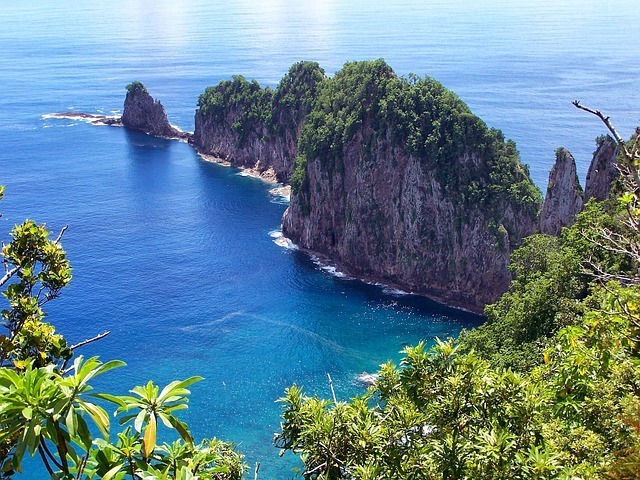If you reject the food, ignore the customs, fear the religion and avoid the people, you might better stay home. — James Michener
 As more and more of us baby boomers approach retirement age, the choices of how and where to spend our time just seem to become more plentiful.
As more and more of us baby boomers approach retirement age, the choices of how and where to spend our time just seem to become more plentiful.
Do we stop working entirely or continue working part-time, perhaps at a different job?
Are we content to continue living with Canada’s harsh winters, or do we dream of sunnier climes?
Do we have enough savings to retire comfortably, or do we need to make serious adjustments to our lifestyle or even look for someplace that offers a lower cost of living?
Are we drawn by the adventure of starting a new life someplace else, or do we want to stay close to family and friends?
These are just some of the important questions baby boomers need to address as retirement draws near.
A BMO survey found that, in order of priority, proximity to family, proximity to good quality health care and housing costs are the top concerns for retirees.
That may explain why the majority of Canadians (85%) do intend to stay put in their home country.
Of those who want to relocate, a high of 61% are Albertans, while those from Atlantic Canada have the lowest relocation percentage at 37%. British Columbia residents plan to stay put upon retirement in general, and for those migrating in-country B.C. is by far the destination of choice.
Canadians who go abroad to live fall into 2 categories. The concept of Snowbirds has been around for a long time, and 5% of the population do head south to the United States, either to get away from the snow for the winter or to set up a permanent residence. The locations of choice are overwhelmingly Arizona and Florida.
The remaining 10% of Canadians head for various locations worldwide. Some return to their country of origin to be close to extended family, and others are in search of that fresh start or lower cost of living.
Canadians contemplating retirement abroad would be wise to do their research thoroughly before taking the leap. Many Canadians have come back home with their tail between their legs after jumping into what they thought was paradise without exploring the pros and cons.
Seasoned retirees abroad attribute part of their success to prior research, a shared decision-making process for couples and a trial period. For some that has meant renting in the location they think would suit them for a considerable period of time prior to making any kind of commitment.
There are several kinds of issues Canadians retiring abroad run into that may come as a surprise to them. These range from feeling isolated to culture shock to inability to communicate because they can’t speak the language to distance from family and friends, to name a few.
That may be why many Canadians seek out well-developed expat communities in countries that are relatively close to home such as Mexico, Costa Rica and Panama, where medical facilities can be top-notch and family is only a short plane ride away.
Every year International Living Magazine, a magazine devoted to living abroad, puts out a list of the top 10 places to retire world-wide. They base this index on a variety of factors, including everything from weather to cost of living to crime rate to access to medical facilities and much more.
The top 5 retirement havens for 2013 are:
1) Ecuador
2) Panama
3) Malaysia
4) Mexico
5) Costa Rica
If living abroad has been your dream, there are vast amounts of on-line resources waiting for you to explore. For starters you may want to visit Travel.gc.ca (a resource provided by the government of Canada). Just make sure you know the costs involved, both psychological and financial, before you make a move.
Always check with your financial planner before making a significant change to your lifestyle. He or she will keep you alert to potential pitfalls you may have otherwise missed.

